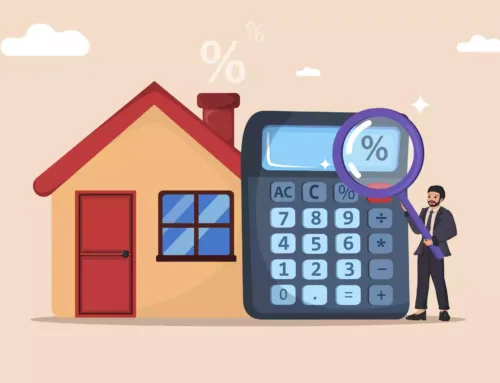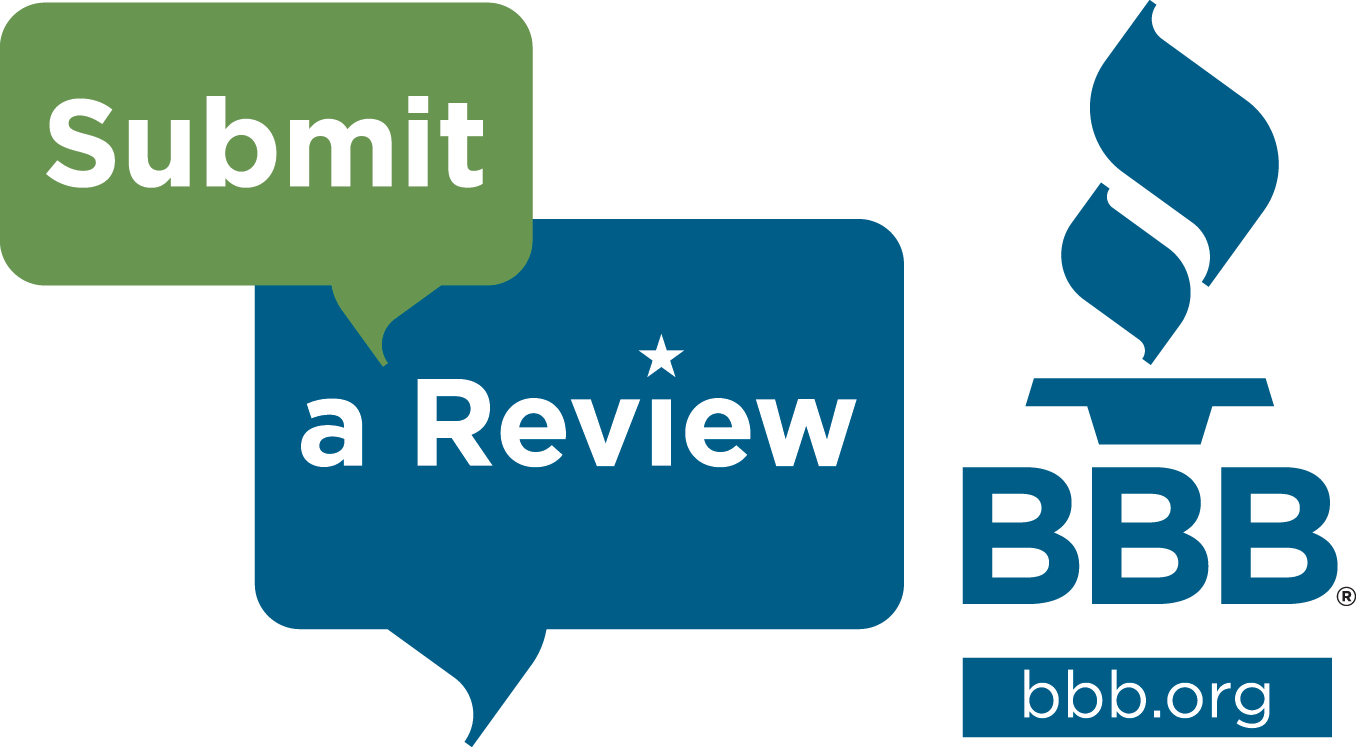Mortgage 101: Common Types of Home Mortgages
Fixed-Rate Mortgage
With a fixed-rate mortgage, the interest rate remains the same for the life of the loan. The interest rate is set when you take out the loan and will not change, regardless of how interest rates change in the marketplace. A fixed-rate mortgage can be a good choice for those more comfortable with predictable monthly payments and those planning to stay in their home for 10 or more years.
Pros:
- Locks in your best interest rate for the term of the loan
- Your monthly payment remains the same even if your principal and interest rates change
- Initial loan payments are applied toward your interest—and less to principal—although that reverses over time.
Cons:
- Principal and interest payments are usually higher than most adjustable rate mortgages, at least in the initial years
- To take advantage of an interest rate decrease, you would have to refinance
Adjustable-Rate Mortgage (ARM)
The interest rate on an adjustable rate mortgage can go up or down. Initially, many ARMs will start at a lower interest rate than fixed-rate mortgages. However, after this introductory period ends, your interest rate unlocks and adjusts periodically based on an outside index. Meaning your monthly payment may increase.
Pros:
- Offers lower rates at the beginning of the loan, so you’ll have lower payments to start
- If rates drop, payments may become lower without refinancing
- While various types of ARMs are available, they adjust either annually or semi-annually; most of these loans come with caps that prevent your monthly payment from increasing significantly.
Cons:
- If rates increase, your monthly payments can increase
FHA Loan
An FHA loan is a mortgage that is insured by the Federal Housing Administration. The actual loan is funded by a traditional mortgage lender, but FHA backing means the lender is protected if the borrower defaults on mortgage payments. FHA-insured loans are less risky for lenders, allowing them to offer more lenient qualification standards. Because FHA loan programs offer easier qualifying guidelines than many other loan types, they can be a good option for borrowers who have poor credit or who may not have the funds to make a large down payment.
Pros:
- Easier to qualify – An FHA loan have more lenient qualifying requirements than a conventional loan and is typically one of the easiest types of mortgage loans to qualify for.
- Low down payment – An FHA loan only requires a 3.5% down payment, while a larger down payment is required for most conventional loans.
- Less challenging credit requirements- The FHA insures loans for people with low credits scores. If you have less than perfect credit or have had financial problems, it may be easier to qualify for an FHA loan than a conventional loan.
- Closing costs may be covered – FHA loans allow sellers to pay some of the borrower’s closing costs and fees.
- No prepayment penalty – FHA loans do not penalize borrowers for repaying the loan early, while some conventional loans carry prepayment penalties.
Cons:
- Loan Limits – There are maximum mortgage limits for FHA loans that vary by state and county. Depending on the area, an FHA loan may not be available for more expensive properties.
- Mortgage Insurance Premiums – Two mortgage insurance premiums are required on all FHA loans: an upfront premium paid at closing and an annual premium, which is figured into your monthly mortgage payment. With a conventional loan, mortgage insurance is only required if you make a down payment of less than 20%.
- Must use an FHA-approved lender – Not every lender participates in the FHA program. If you want to obtain an FHA-backed mortgage, you must work with a lender that is approved to process FHA-insured mortgages.
- Occupancy Requirements –The borrower must use the home as their primary residence in order to qualify for an FHA loan.
- Inspection Standards- A home must go through a property standards inspection to qualify as an FHA- eligible property.
VA Loan
Veterans Affairs (VA) home loans are mortgages that are guaranteed by the U.S. Department of Veterans Affairs. VA loans became available in 1944 as part of the Serviceman’s Readjustment act, also known as the GI Bill. Qualifying veterans have the opportunity to purchase a home without putting any money down, through the VA home loan program. Borrowers must obtain a VA Loan through a participating private lenders. The VA doesn’t loan any money; they insure a portion of the mortgage which allows lenders to offer more favorable rates and terms to veterans who qualify.
Pros:
- No Down Payment – Borrowers can finance up to 100% of the purchase or appraised value, whichever is less
- No Private Mortgage Insurance (PMI) required – VA borrowers don’t have to pay PMI because the loan is backed by the federal government
- Competitive Interest Rates –Lenders are often able to offer lower interest rates on VA loans
- Easier to qualify for – VA loans have more favorable income, debt, and credit qualifications
- Lower closing costs – The VA limits what fees and costs veterans can pay at the time of closing
- It’s’ not a one-time benefit – there are no limitations on how many times a veteran can use the home loan program
Cons:
- The size of your loan may be limited














